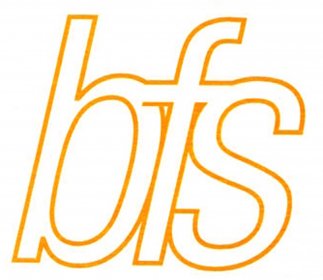
The year 2015 by can be easily termed as the ‘year of intolerance ‘in Indian socio-political and cultural milieu. This was coming all the way from the time the right wing party was voted to rule the country. It began with re-writing Indian history and text books for schools, colleges and academic institutions, running down Gandhiji, the architect of free India as also the free thinkers, eliminating rationalist, outspoken intellectuals and scholars, isolating artists and film makers, taking control of Central Board of Film Certification by forcing the eminent men and women constituted that body to resign en-mass. The right wing people have taken charge of all public art and cultural organizations.
People from the minority communities have been lynched and killed for suspecting to have eaten beef. Cow slaughter has been banned in states like Maharashtra taking away food from the tables of minority communities as well as daliths and increasing the burden on the farmers already bending backward with debt and are committing suicide. Those who protested the beef ban have been beaten up in Kashmir, in Uttar Pradesh and New Delhi. When the public very clearly understood that the general response of the government to these problems were dismissive as something that is done by antisocial elements people began to take action. The prominent scholars, writers, poets, actors, film makers and theatre personalities started returning the awards they received from the government. There were protests across the country, from politicians and eminent citizens.
Another aspect of this intolerance is manifested in witch hunting NGOs like Green Peace for very prominently taking up environmental issues and challenging the implementation of economic projects without proper environmental impact assessment. Those NGOs on the hit list of the government is harassed in every possible ways including cancelling their FCRA numbers and freezing their accounts. Fortunately so far the justice system was very fair in their judgments which has given much relief to the NGOs under the government scanner. Generally NGOs these days are seen by the politicians as people ‘against development’.
These very arrogant postures of the government was downsized by the people of India through democratic resurgence. First they lost a very high pitched assembly election in Delhi to Aam Admi Party and later in another high pitched assembly election in Bihar the right wing lost to an alliance of democratic forces represented by Lalu Prasad Yadav and Nitish Kumar the local leaders. In all these instances the media was very pro-establishment. Were they too scared to investigate issues and inform the public?! While we hope that the people will elect democratic and secular parties in the Assembly elections happening now in April/May 2016,we need to nurture grass root level democratic practices which is one of the major objective of the festival. Whatever work we are engaged in now is from a very diminished public sphere. We do not know what the future holds for us but for now we belong to the breed of marginal citizens of this country.
As for our experience in this specific field is concerned, Bangalore Film Society was the South India coordinator of Tri-continental Film Festival "Human Rights in Frames from 2007 to 2009 organised by an NGO called Breakthrough. An average 5000 to 6000 people used to attend this festival in Bangalore in three days and the event had become very popular. Apart from this, we used to take these films to academic institutions as well as film societies in all South Indian States. However, the tricontinental film festival closed after 2009 and at present to the best of my knowledge we don't have a human rights film festival of that magnitude.
In the present Indian context, Bangalore Film Society wish to start an International Human Rights Traveling film festival from December 7th to 10th or from 9th to the 12th 2016 (depending on the availability of the auditorium) and organise a conference on freedom of speech and the right to dissent. The films selected will address major international human rights concerns such as refugees, lgbt sexuality, boarders, women, socio-political conflict, communal conflicts, child labour/abuse and so on The emphasis on the impact it should create. Once the festival is over these films will be circulated for screenings in educational, media institutions and film societies across India.

